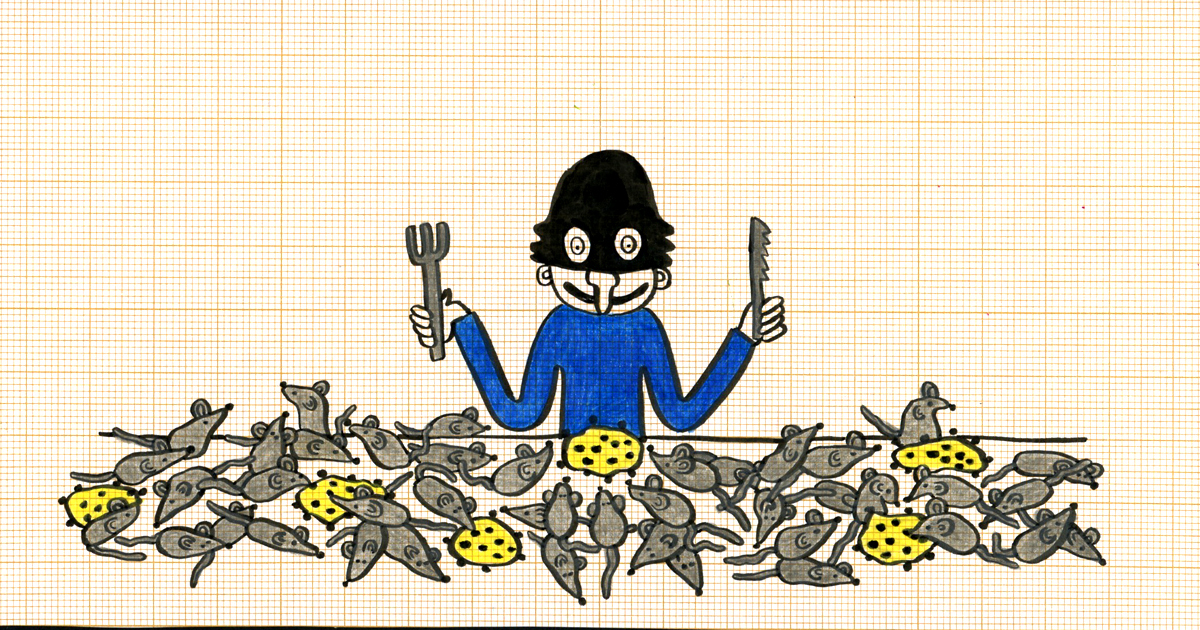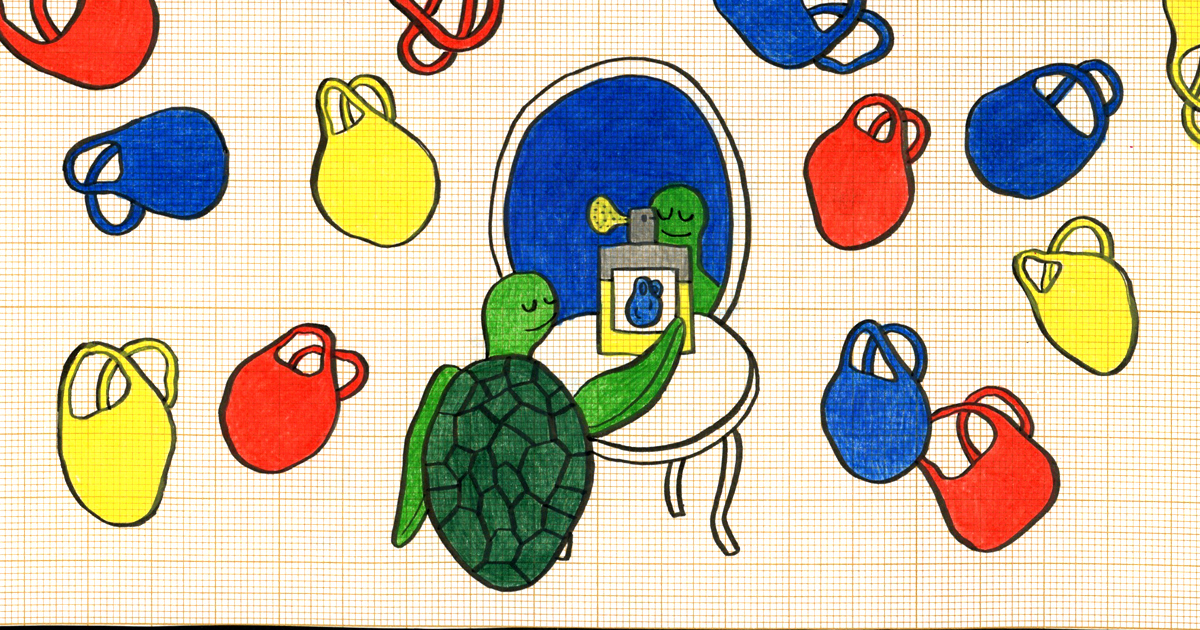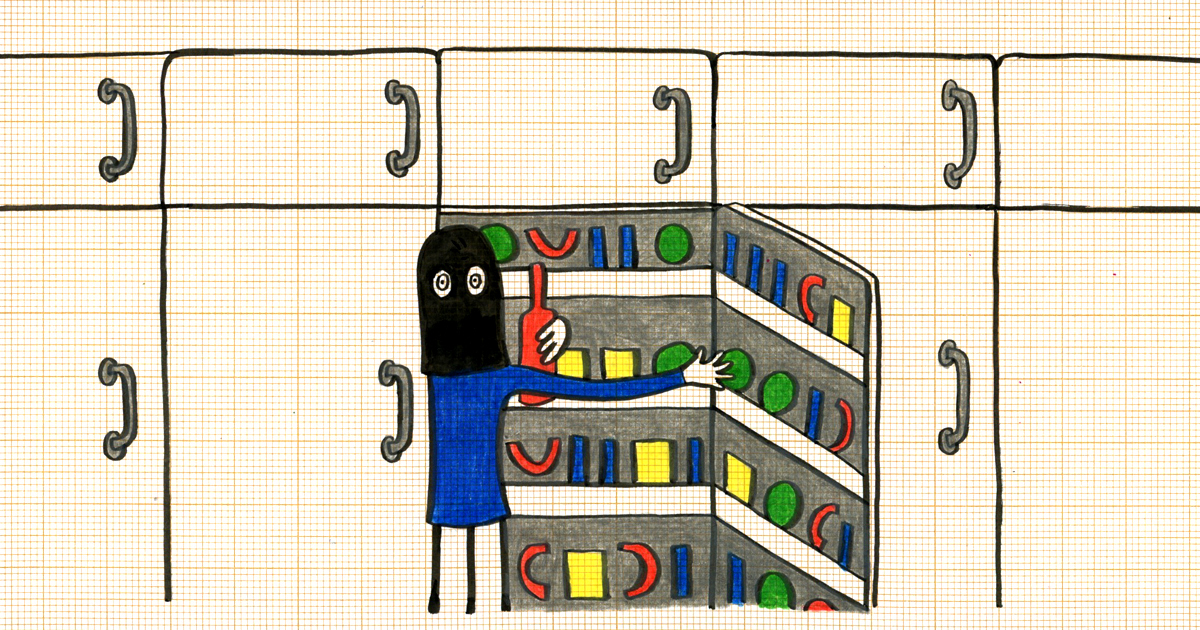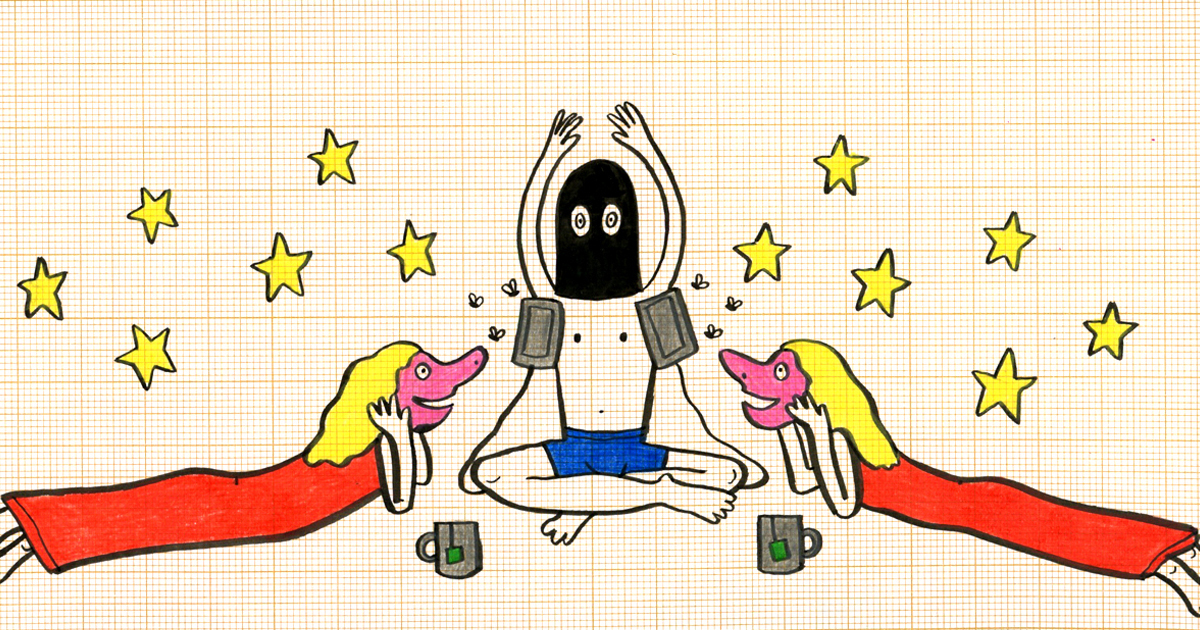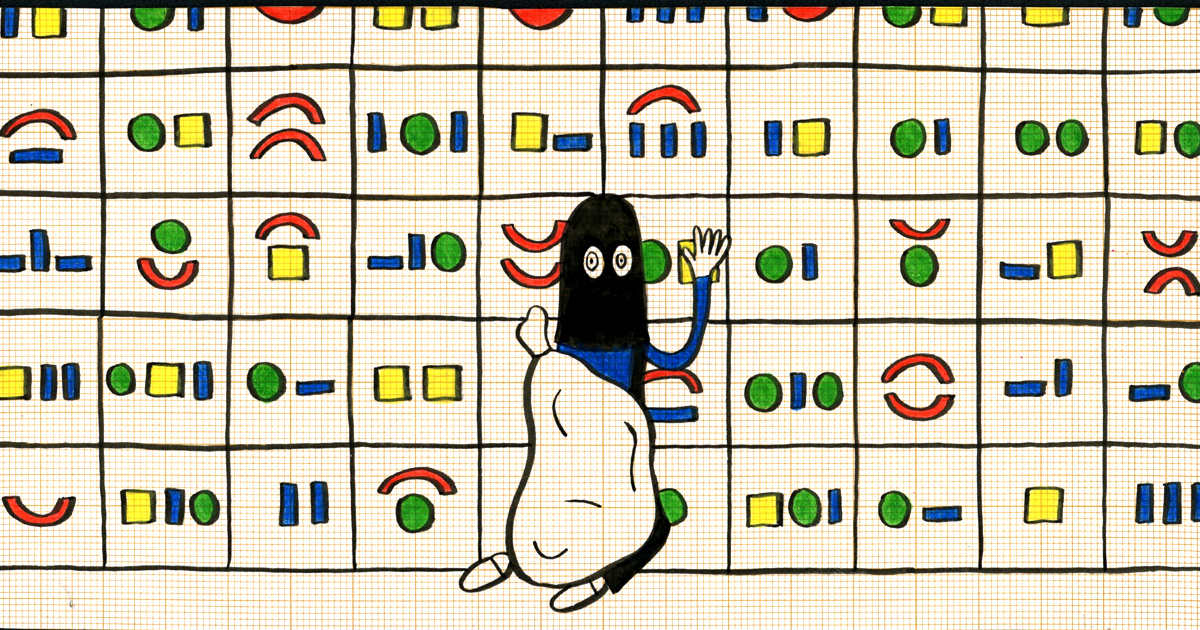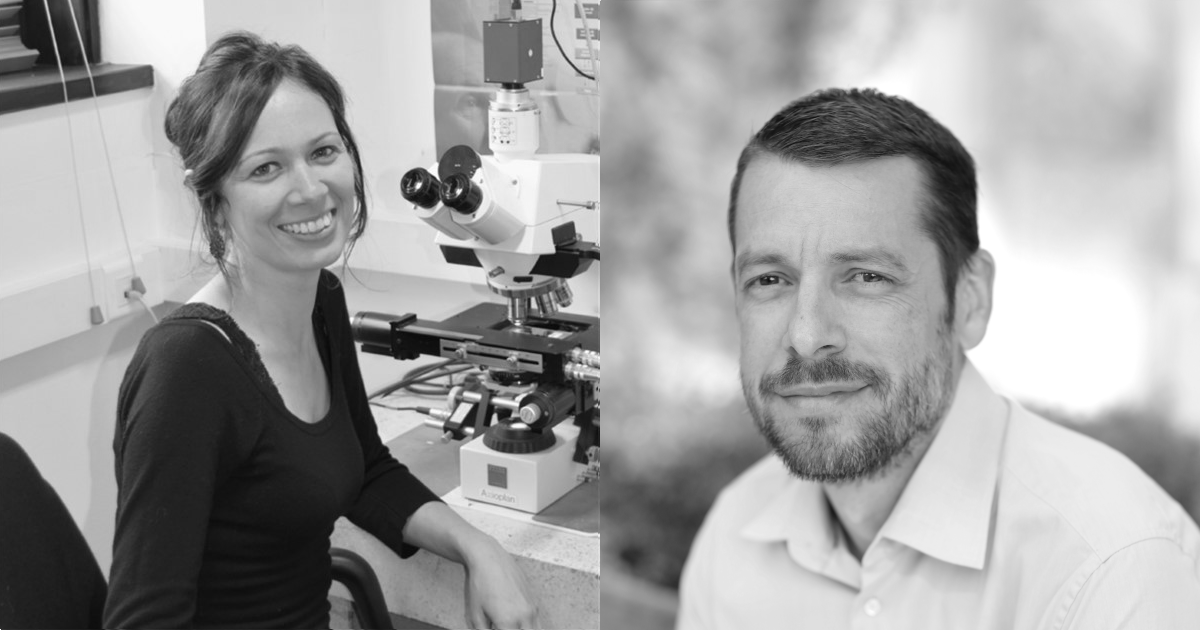Groupement de Recherche O3 (Odorant, Odeur, Olfaction) – otherwise known as GDR O3 – was created in 2015 with the aim of developing cross-disciplinary projects exploring odours in the broadest possible sense. To inaugurate the collaboration between GDR 03 and Nez, Nathalie Mandairon, director of neuroscience research for the CNRS (French National Centre for Scientific Research) and director of GDR O3, and Xavier Fernandez, chemistry professor at Côte d’Azur University and deputy director of GDR 03, talk to us about the past eight years in the life of the research group.
